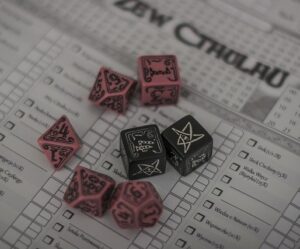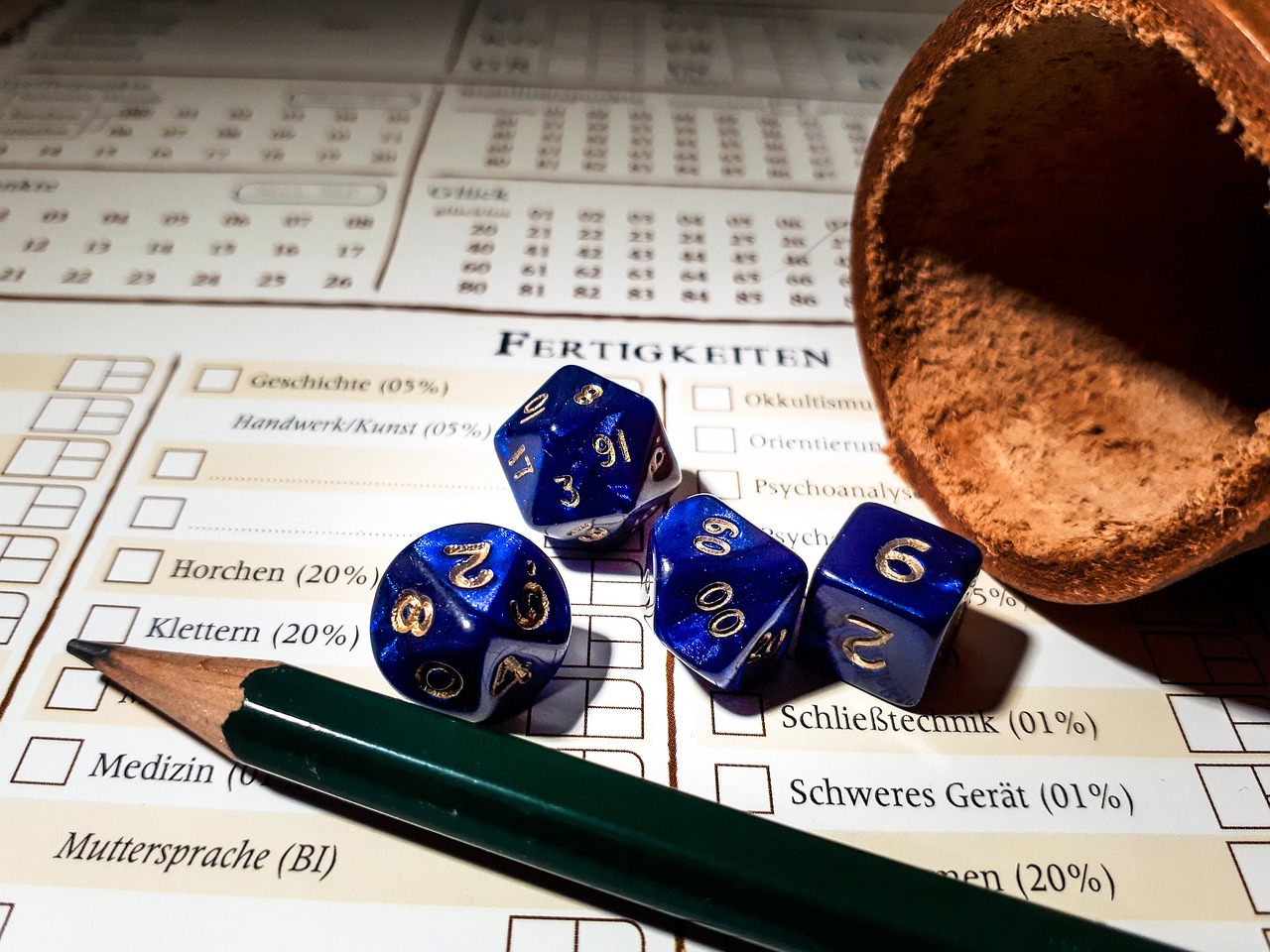In a world that can seem bleak at times, it is good to assume the role of someone else, and dive into a land of fantasy, which speaks to you on one level or another.
Role-playing games are anything but strange, in fact, they are quite satisfying to play, not to mention that they present people with a unique situation where they can bond and tell different stories.
Here is everything you should know about role-playing games, in other words, the basics of RPGs.
The Start

Everything has to start somewhere, including RPGs. RPGs started off a long time ago, supposedly with chess. The main source of origin of modern role-playing games are tabletop war fantasy games, most of which have a lot to do with chess. The modern games were invented in the 1970s, at least the first ones that we can point our fingers at with certainty.
Chaturanga, in particular, is considered to be an ancient ancestor of Dungeons & Dragons, arguably the most popular modern role-playing game. Wargames have been around for centuries, simulating battles and wars. Most wargames were reserved for professional soldiers, though they became more widespread with the release of Little Soldiers, a children’s toy game by H.G. Wells, in 1913.
One of the creators of D&D, Gary Gygax, created a game called Chainmail. This game was interesting because it was a historical game, though its reissues got fantasy classes, wizards, for example.
Dungeons & Dragons and The 1970s
The 1970s were great because of many things, role-playing games being one of them. Dave Arneson was using the rules made by Dave Wesely and those from Chainmail, as a guideline for his own tabletop game, Blackmoor, released in 1971. Eventually, Arneson and Gygax would meet, discuss and create Dungeons & Dragons, which was released as a niche game in 1974.
However, it was anything but niche, because it was the best-selling role-playing game from 1974 up until 2008. D&D brought fame and widespread recognition to the RPG genre, meaning that the rest of the 1970s and the 1980s would be great for the genre.
New Games and Game Systems

Since RPGs became very popular, it didn’t take long for new games with new rule systems to burst to the scene. Traveller and Metamorphosis Alpha are a good example, in the science fiction genre. Games from Chaosium, a rival publisher, such as Call of Cthulhu and RuneQuest, included their own rules and were decent competitors to D&D.
Games like Champions introduce new rules for creating characters, giving you things such as character points, as opposed to rolling the dice, as it is in D&D. Games like Ars Magica shift the focus on the story, and away from game mechanics.
Typical Role-Playing Terms
Most tabletop role-playing games use dice and have a couple of key elements everyone should know. The first and arguably most important is the game master or GM, called the dungeon master in D&D. This person makes up the story of the game, within its rule set. They are much like referees, and they keep the narrative going through storytelling, often narration.
Player characters are playable characters in a game. Most RPGs are very flexible when it comes to creating your own character, allowing the players to choose races, classes, often attributes and skills. Every player character is a protagonist in their own right.
Player characters interact with non player characters during the storytelling, often as a part of a quest. NPCs can be anything from random people in the universe to antagonists.
These are some of the things that you should know about role-playing games or RPGs.

